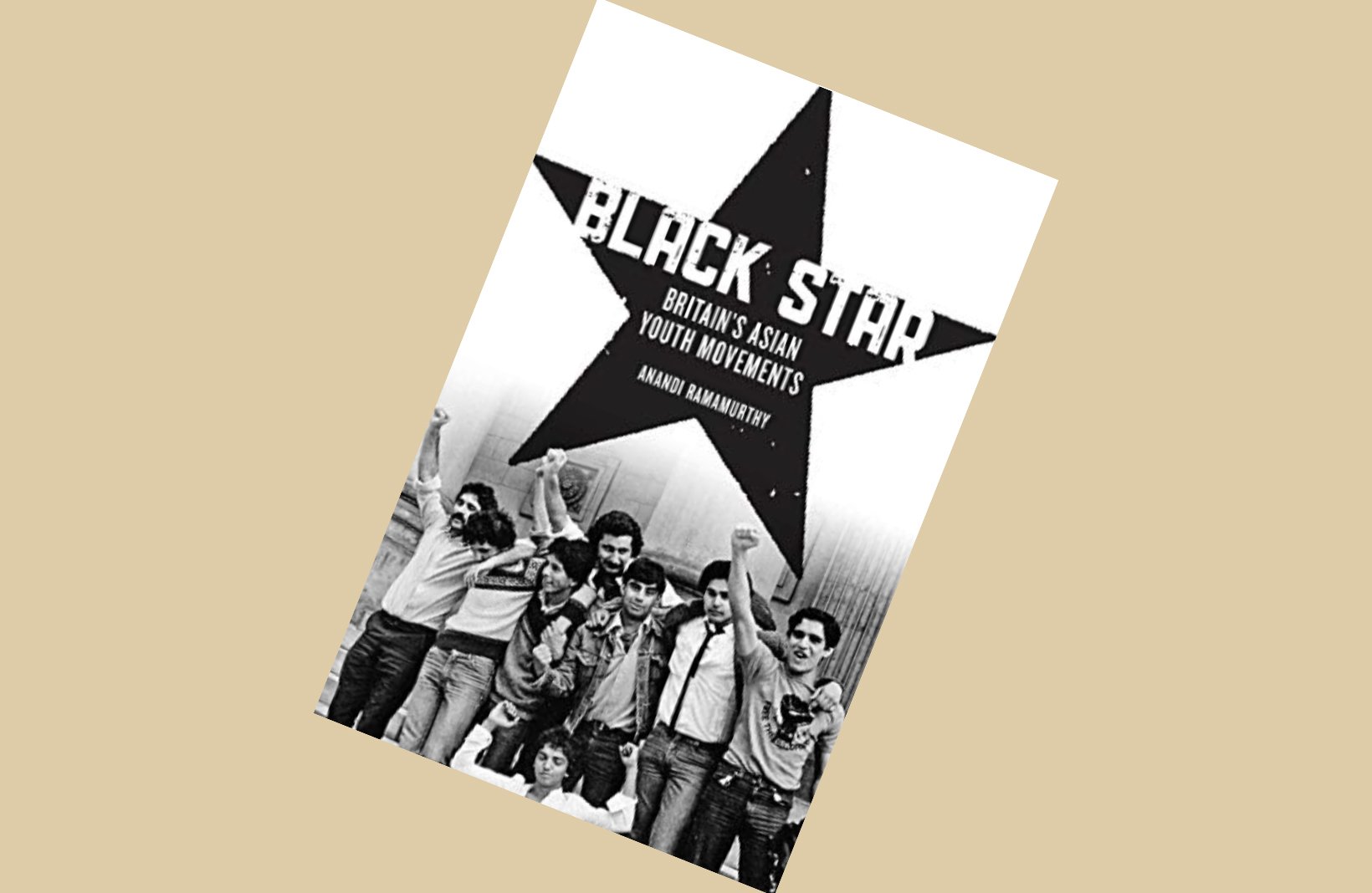Black Star: Britain's Asian Youth Movements
This is a brilliant, incisive and thorough book that charts the rise of Britain's Asian Youth Movements and reclaims that hidden history of the (AYMs). Other authors like Kenan Malik mentions: "...The AYM, a beacon in the 1970s, of united struggles against racism, split up, torn apart by such multi-cultural tensions..." However, Anandi Ramamurthy, refreshingly, goes further and states on page 206 of her book: "...The Asian Youth Movement (AYM) and the United Black Youth League (UBL) represented a spirit of resistance that was widespread in 1981.."
The book refers to its initial inspiration of the development of an archive that was shared with the author and the belief by people like me and many others in the importance of preserving history for the future has left documents that are testimony to the activities of activists in Sheffield, Bradford, Birmingham and Manchester. The book does fully acknowledges and does full justice to the key role Sheffield Asian Youth Movement (SAYM) played in the book and which are testimony to the activities of activists in Sheffield, Bradford, Birmingham and Manchester.
Also, SAYM was mentioned as a Later Youth Movement and the Drive Towards state funding and devotes around 9 pages (pages 149-158) to the experiences of SAYM initially referred to as the Asian Youth Council (AYC) - due to its original founders being youth workers and (I was there also) I/we were inspired by the visit of Bradford AYM and a discussion held on Sunday, 12th October, 1980 and held at the Attercliffe (Asian) Youth Club in Sheffield by two Bradford AYM member(s) Anwar Qadir and another member to set up another AYM in Sheffield; two years prior to the actual formation of the AYC after the Shizan restaurant attack in June, 1982. The ongoing Ahmed Khan campaign and the second planned AYM Demonstration in February, 1983 and with the re-formation of AYC in late 1982 as the SAYM.
On a personal level, the experiences of the Sheffield Asian Youth Movement (SAYM) during this period was significant, in creating an atmosphere that brought out a feeling of togetherness, commitment, comradeship; oneness and unity between all those who felt the struggle. The nights of banner designing, making, delivering and sticking up of leaflets by some members in the group, we now called them `our new urban guerrillas' waging a lone battle against exploitation and oppression, which is continually affecting Black people globally. Overall, the book for me capture that 'spirit of resistance' in terms of the spirit/feeling at those unforgettable moment in our 'collective struggle', which have now become precious moments in history.
The book ironically and fittingly concludes at page 209 with the mention of the thirtieth-anniversary commemoration of Bradford 12 in London and Bradford in June/July 2011 - with a commitment to national liberation struggles by inviting the Palestinian freedom fighter Leila Khaled to address the meeting in Bradford though Skype (which I personally heard, as well) who called for anti-imperialist unity.
In hindsight, there are always people and bits of information we tend to leave in or leave out - and which can sometimes be problematic in the finished product of any book!

